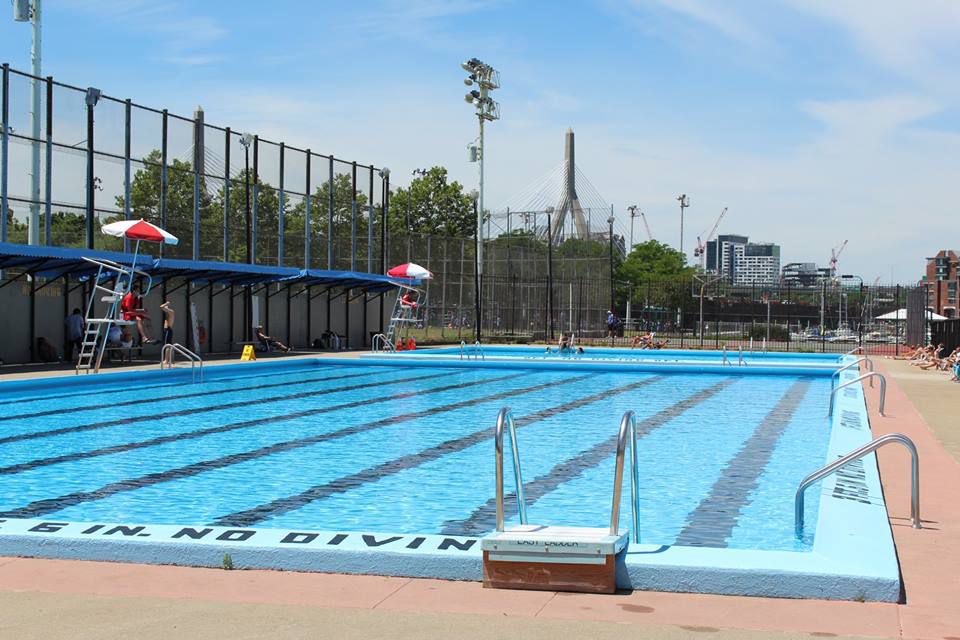Welcome to Aquatic Adventures: Navigating Public Pools with Your Family
Greetings, splash-loving families! We know that a trip to the local public swimming pool is like a mini-vacation, a splash-tastic adventure for both kids and parents alike. There’s nothing quite like the laughter and joyful shrieks of little ones playing in water, the tranquil float on an inflatable raft, or the thrill of a good, old-fashioned cannonball. But before you pack your swim goggles and sunscreen, we want to arm you with essential tips to ensure that your family’s poolside escapades are both delightful and secure.
Understanding Public Pool Safety: The Parent’s Watchful Eye
First things first, pool safety is paramount! It’s the life jacket of pool fun, the non-negotiable floaties of aquatic enjoyment. Public pools have their own set of rules and guidelines, which are not just there to test your “rule-following” skills, but more importantly, to keep everyone safe. As a parent, it’s important to familiarize yourself with these regulations and teach your little ones to follow them too.
- Supervision is Key: Even if there are lifeguards on duty, keep a watchful eye on your children at all times. Establish a buddy system for older kids and maintain arm’s reach of the littles.
- Swim Lessons: Equip your kids with swimming skills early on. This doesn’t mean you can take your eyes off them, but it does provide an extra layer of safety.
- Know the Depths: Ensure your children understand and respect the different depth zones in the pool, staying within areas that match their swimming abilities.
Essentials to Pack for a Day at the Public Pool
Planning is half the battle when it comes to a successful day at the pool. Make sure your pool bag is equipped with all the essentials:
- Sun Protection: Bring waterproof sunscreen with high SPF, hats, and UV protection swimwear to shield from harmful rays.
- Hydration and Snacks: Pack plenty of water and healthy snacks to keep the energy up and dehydration at bay. Most public pools allow bringing your own food but double-check their policy.
- Towels and Dry Clothes: Bring an extra set of towels for drying off and a change of clothes for the ride home.
Making a Splash with Etiquette: The Pool is for Everyone!
It’s easy to get caught up in the excitement of a bustling pool, but remember, we’re all here to have a good time. Teach the kiddos about pool etiquette so everyone can enjoy their swim:
- Share the Space: Encourage your children to be considerate of others by not splashing excessively or taking up too much space with floaties and toys.
- Take Turns: Whether it’s waiting for the diving board or taking a shot at the water slide, instill the importance of patience and taking turns.
Embarking on a day at the public pool should be filled with nothing but fun and cherished memories. By laying down the groundwork of safety, preparation, and etiquette, you’re all but guaranteeing a spectacular outing. Keep in mind that this guide is just the jumping-off point. Stay tuned for more in-depth looks at public pool guidelines, snack ideas, engaging water games, and how to wrap up your day with a serene, sun-kissed drive back home.
Get ready to dive into the wonderful world of communal swim-time where laughter echoes against the water, where the splashes tell tales of joy, and where the sun bids a soft, warm welcome to all. So, lather on that sunscreen, pack those snacks, and let the aquatic escapades begin!

5 Things Parents Should Know When Preparing for Public Swimming Pools
Embarking on a trip to the public swimming pool is an exciting activity for the whole family, but being well-prepared can make the difference between a good day and a great one! Here’s what you need to know to ensure everyone has a safe and enjoyable time.
1. Understand Your Child’s Swimming Capabilities
Assessing your child’s swimming skills is crucial before heading to the pool. If they’re beginners, consider enrolling them in swim lessons, and always start them off in shallow waters where they can stand. For non-swimmers, flotation devices and close, constant supervision are a must.
2. Review Pool Rules and Discuss Them with Your Children
Each public pool has its own set of rules that will likely be posted around the area. Go over these with your children and explain the importance of rules like no running, no diving in shallow areas, and the proper use of swimming lanes.
3. Keep Health and Hygiene Top of Mind
Confirm with your children the importance of showering before entering the pool and using the toilet beforehand to prevent any accidents. Always have them wash their hands after using the bathroom or touching surfaces, and if your child feels unwell, it’s best to skip the pool that day.
4. Pack Like a Pro for a Day at the Pool
Apart from swim gear and sunscreen, pack a waterproof bag for wet clothes, water shoes to prevent slips, and a first aid kit. If your child has specific needs, like earplugs or prescription goggles, remember to bring those too.
5. Keep an Eye on the Weather and Water Conditions
Always check the weather before you leave, as it can impact your pool plans. Additionally, once at the pool, check the water’s clarity and cleanliness. If the pool seems poorly maintained, it may be safer to plan a swim for another day.
With these key points in mind, you’ll be well on your way to a fantastic pool day loaded with safe, splash-filled fun! Remember, preparedness not only ensures safety but allows you and your kids to relax, play, and create those sun-drenched poolside memories that will last a lifetime. So, slip on the flip-flops, grab the pool noodles, and set off for a refreshing day at your local public swimming pool!
. For more information see here
Disclaimer
The articles available via our website provide general information only and we strongly urge readers to exercise caution and conduct their own thorough research and fact-checking. The information presented should not be taken as absolute truth, and, to the maximum extent permitted by law, we will not be held liable for any inaccuracies or errors in the content. It is essential for individuals to independently verify and validate the information before making any decisions or taking any actions based on the articles.




